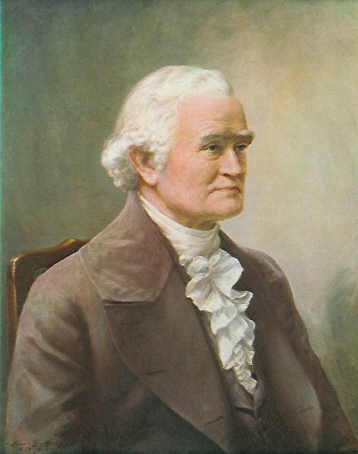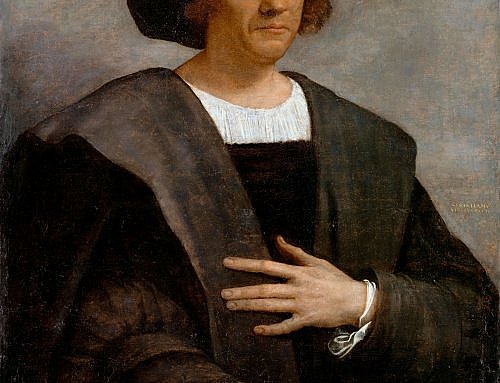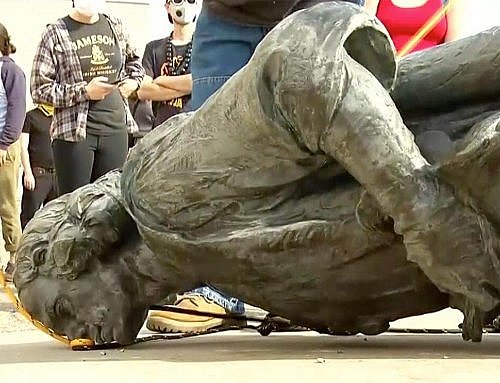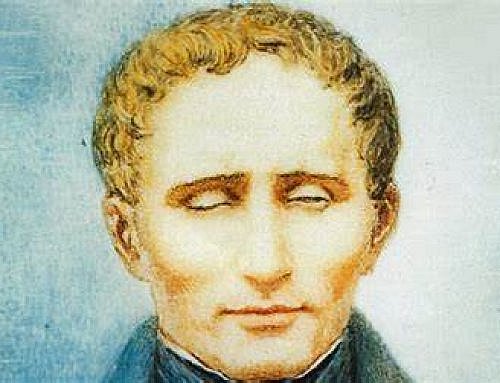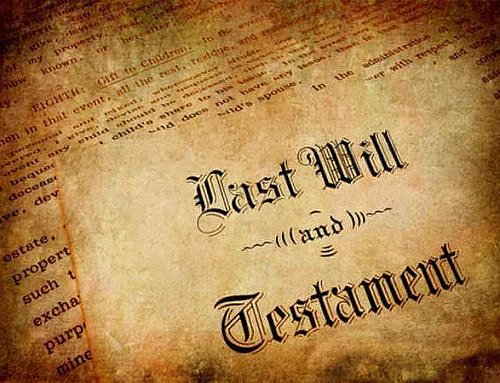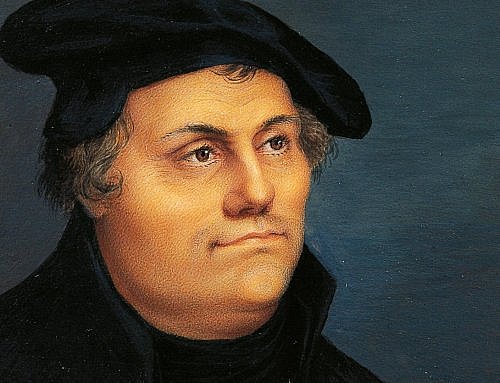By Stephen McDowell
Noah Webster wrote that “the education of youth [is] an employment of more consequence than making laws and preaching the gospel, because it lays the foundation on which both law and gospel rest for success.”[i]
Is this really true? Many Christians would say this is a heretical statement, for nothing is more important than preaching the gospel. Its truth depends upon how you define education. According to modern definitions it certainly is not true. Consider Webster’s New World Dictionary of the American Language which defines education as:
1. the process of educating, especially by formal schooling; teaching,· training. 2. knowledge, ability, etc. thus developed. 3. a) formal schooling. b) a kind or stage of this: as, a medical education. 4. systematic study of the methods and theories of teaching and learning.[ii]
However, if we looked at how Webster defines education in his original dictionary published in 1828, we would readily agree with his statement.
Education – The bringing up, as a child; instruction; formation of manners. Education comprehends all that series of instruction and discipline which is intended to enlighten the understanding, correct the temper, and form the manners and habits of youth, and fit them for usefulness in their future stations. To give children a good education in manners, arts and science, is important; to give them a religious education is indispensable; and an immense responsibility rests on parents and guardians who neglect these duties.[iii]
To Webster, the central goal of education was to train youth in the precepts of Christianity. He stated,
In my view, the Christian religion is the most important and one of the first things in which all children, under a free government, ought to be instructed…. No truth is more evident to my mind than that the Christian religion must be the basis of any government intended to secure the rights and privileges of a free people.[iv]
We can see why such education lays the foundation for the success of the Gospel and the making of good laws, for only a people of good character and ideas can preserve religious and civil liberty. It was such a people that gave birth to liberty throughout the world. Webster stated:
Almost all the civil liberty now enjoyed in the world owes its origin to the principles of the Christian religion…. The religion which has introduced civil liberty, is the religion of Christ and his apostles, which enjoins humility, piety, and benevolence; which acknowledges in every person a brother, or a sister, and a citizen with equal rights. This is genuine Christianity, and to this we owe our free constitutions of government.[v]
How we educate the next generation will determine how our nation is governed in the next generation. This truth reveals why education of youth is of utmost importance. Modern day “educrats” would agree with the importance of education for determining the future of our nation. They would agree as well with Webster’s statement at the beginning of this article, yet the way they define education is much different than the way Webster defined education, as seen with the above comparison. They recognize the philosophy of education in this generation will be the philosophy of government, business, and social matters in the next. Humanistic secular educators have been using the public school rooms as their pulpits to propagate their anti-God religion throughout America.
In the battle for the education of our children, and the future of our country, we must recognize that words and their definitions are very important. Webster understood this as he set out to provide a uniquely American education after we gained our independence from Britain.
While governmentally independent, Americans were still dependent upon Britain and Europe for much of their education, thought, and ideas. Webster desired to liberate the nation from the bondage caused by many of the ideas from the old world. He wrote:
Americans, unshackle your minds, and act like independent beings. You have been children long enough, subject to the control, and subservient to the interest of a haughty parent. You have now an interest of your own to augment and defend: You have an empire to raise and support by your exertions, and a national character to establish and extend by your wisdom and virtues.[vi]
Today, we have need of liberation from the bondage caused by the secular, humanistic philosophy that permeates our educational and governmental institutions. Americans need to unshackle their minds and restore an American Christian philosophy of education and government to the land, which will enable us to fulfill our God-given destiny as a nation.
Noah Webster spent his entire adult life working to reform America and to provide a foundation of liberty, happiness, and prosperity for all citizens. He understood that ideas have consequences, that the battle for the future of our country would be waged in the market place of ideas, and that those adhering to Godly truth must enter into the battle in every conceivable sphere. Webster’s life gives us a great example of how to bring reform to America, or any nation, today. As we briefly look at his life and accomplishments we can learn what we need to do, where we need to be involved, strategies for bringing reform, proper motives and reasons for action, and the fruit we can expect from planting Godly seeds.
[to read more order Noah Webster and the Reformation of America]
End Notes
[i] Noah Webster, “Education of Youth in America,” American Magazine (March 1788):212, quoted in Alan Snyder, Defining Noah Webster, Mind and Morals in the Early Republic, New York: University Press of America, 1990, p. 114.
[ii] Webster’s New World Dictionary of the American Language, David B. Guralnik, editor Nashville: The Southwestern Company, 1969.
[iii] Noah Webster, An American Dictionary of the English Language, republished in facsimile edition by Foundation for American Christian Education, San Francisco, 1980 (referenced later as Webster’s 1828 Dictionary).
[iv] Letter to David McClure, October 25, 1836, Letters of Noah Webster, Harry R. Warfel editor, New York: Library Publishers, 1953, p, 453.
[v] Noah Webster, History of the United States, New Haven: Durrie & Peck, 1833, pp. 273-4.
[vi] Webster, “Americans, Unshackle Your Minds…,” The American Magazine, 1788, in Noah Webster: On Being American, Homer Babbidge Jr., editor, New York: Frederick A. Praeger 1967, p. 92.

